US Supreme Court upholds Arizona voting laws deemed discriminatory to minorities
The US apex court has on partisan lines upheld two controversial election laws in the state of Arizona that many have argued make it harder for the already beleaguered minorities to vote.
Hailed as the “most important civil rights law” in the country, the Voting Rights Act of 1965 received a mighty blow on Thursday as the US Supreme Court virtually tore it to shreds.
One of the two laws banned the compilation of absentee ballots by anyone other than a relative or caregiver, while the other law discarded any ballots cast in the wrong area.
While the Democrats contend that the laws discriminate against the state’s Native American, Hispanic and Black voters, the Republicans have kept up their support for them.
Earlier, a federal appeals court had ruled that the laws have an unequal impact on minority voters in the southwestern state and there was no evidence of fraud to justify their use.
But, the US top court on Thursday reinstated the laws, saying that unequal impact on minorities in this case was relatively meager, and that states don't have to wait for fraud to occur before enacting laws.
Breaking: Supreme Court upholds GOP voting restrictions in Arizona, further weakening Voting Rights Act & giving green-light to GOP voter suppression laws. 6-3 opinion by Alito. Kagan dissents https://t.co/YTt9hzew3n
— Ari Berman (@AriBerman) July 1, 2021
In his ruling, Justice Samuel Alito said the law requires "equal openness" to the voting process. "Mere inconvenience cannot be enough to demonstrate a violation" of the law, he wrote.
"Arizona’s out-of-precinct rule enforces the requirement that voters who choose to vote in person on Election Day must do so in their assigned precincts,” he wrote. “Having to identify one’s own polling place and then travel there to vote does not exceed the 'usual burdens of voting’”.
He further said that these tasks are “quintessential examples of the usual burdens of voting”.
In a searing dissent, Justice Elena Kagan said “this is not how the Court is supposed to interpret and apply statutes.”
"What is tragic here is that the Court has (yet again) rewritten—in order to weaken—a statute that stands as a monument to America’s greatness, and protects against its basest impulses,” she wrote. “What is tragic is that the Court has damaged a statute designed to bring about 'the end of discrimination in voting.”
US President Joe Biden, in a statement, expressed “deep disappointment” over the court ruling, arguing that the Supreme Court has in a span of just eight years “done severe damage to two of the most important provisions of the Voting Rights Act of 1965.”
“After all we have been through to deliver the promise of this Nation to all Americans, we should be fully enforcing voting rights laws, not weakening them,” he said.
"While this broad assault against voting rights is sadly not unprecedented, it is taking on new forms. It is no longer just about a fight over who gets to vote and making it easier for eligible voters to vote. It is about who gets to count the vote and whether your vote counts at all," the US President added.
The ruling is likely to make it much harder for voting rights advocates to challenge discriminatory voting laws in the US, particularly under Section 2 of the Voting Rights Act, which bans voting policies that result in racial discrimination.
After the court in 2013 scrapped the law’s key provision that required state and local governments with a history of racial discrimination in voting to get federal approval prior to making any changes in voting procedures , the only protections for voting rights that remained in the law were in Section 2.
“I think the court has also given cover to states that rely on the pretext of supposed fraud to burden the rights of voters of color and Native American voters,” Sean Morales-Doyle, a voting rights expert at the Brennan Center for Justice at New York University School of Law, was quoted as saying by NBC.
Sherrilyn Ifill, president and director-counsel of the NAACP Legal Defense and Educational Fund, in a tweet said they are “fighting against the most concerted state-based effort to undermine Black voting strength since the Civil Rights Movement”.
We are fighting against the most concerted state-based effort to undermine Black voting strength since the Civil Rights Mvmt. And in that context, the Supreme Court has again, & w/abandon, shredded a core provision of the Voting Rights Act.
— Sherrilyn Ifill (@Sifill_LDF) July 1, 2021
“And in that context, the Supreme Court has again, & w/abandon, shredded a core provision of the Voting Rights Act,” she remarked.
Iraqi army assumes full control of Ain al-Asad airbase after complete US withdrawal
Iran restores SMS access, eases curbs on domestic messengers
Hamas says Israeli army, settlers coordinating West Bank attacks
Israel says Trump's Gaza oversight panel 'contradicts its policy'
Iran reports record natural gas processing capacity
US judge bars federal agents from pepper spraying, arresting protesters in Minnesota
Another Palestinian baby freezes to death in Gaza as Israeli limits stall winter aid
VIDEO | Australia submits to Mossad


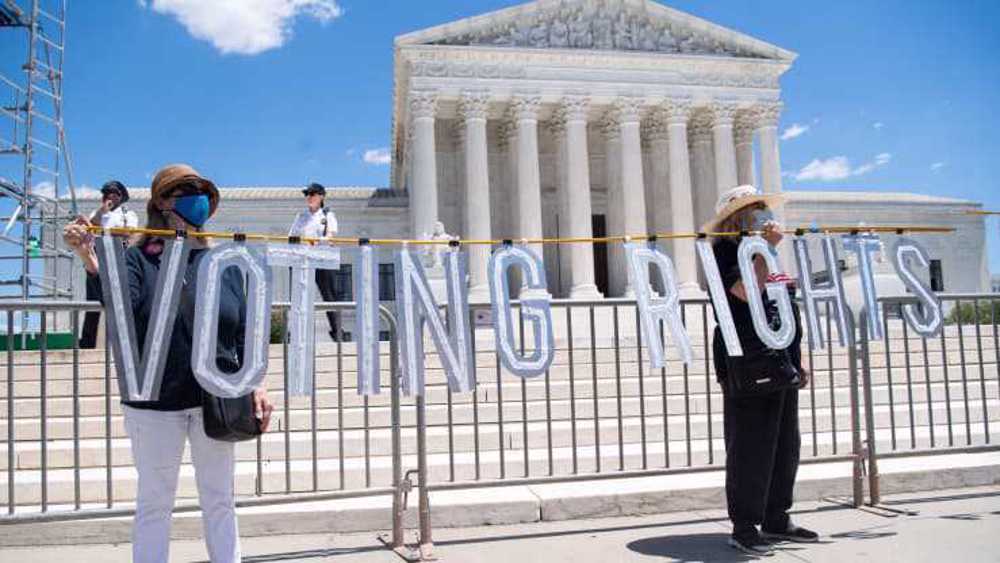
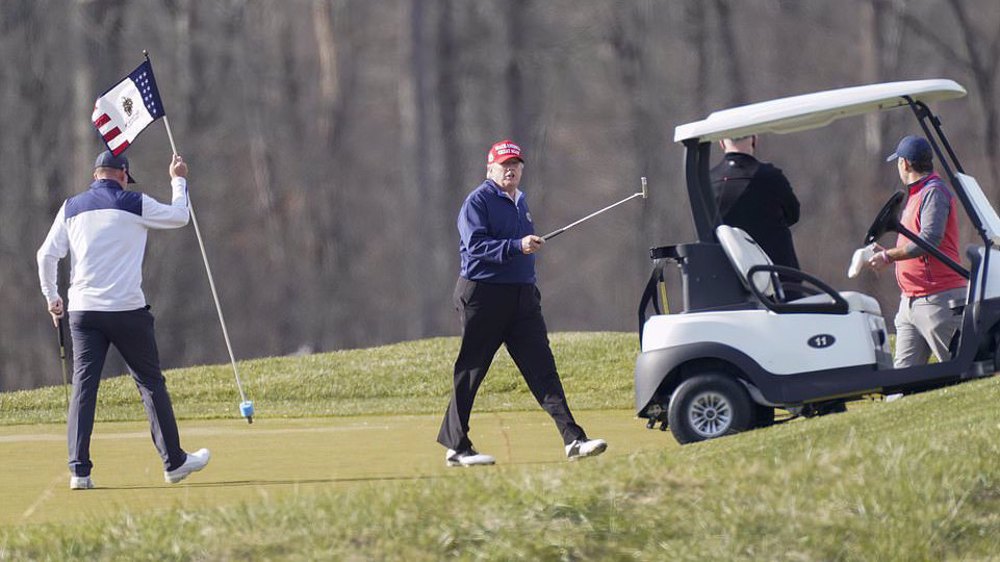
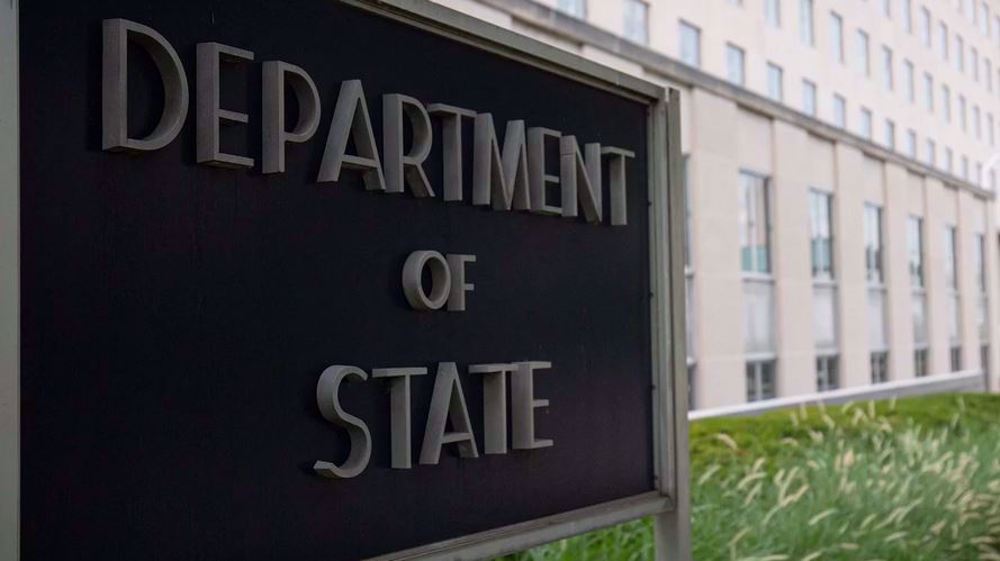
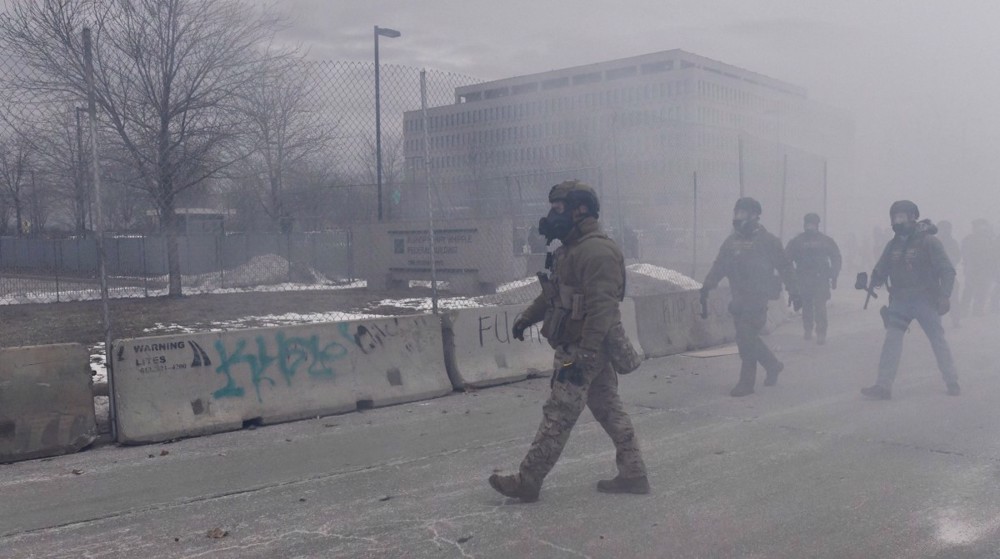




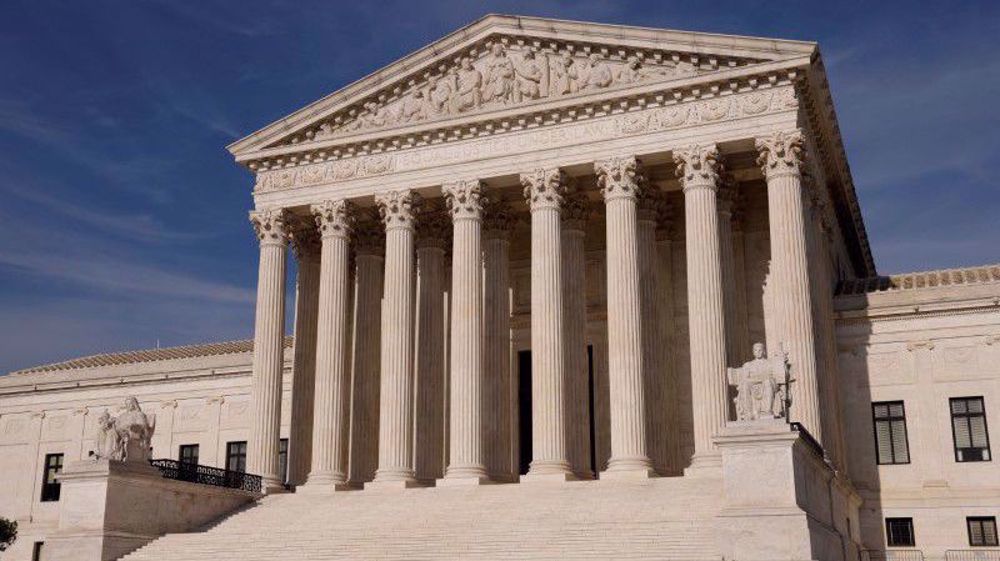
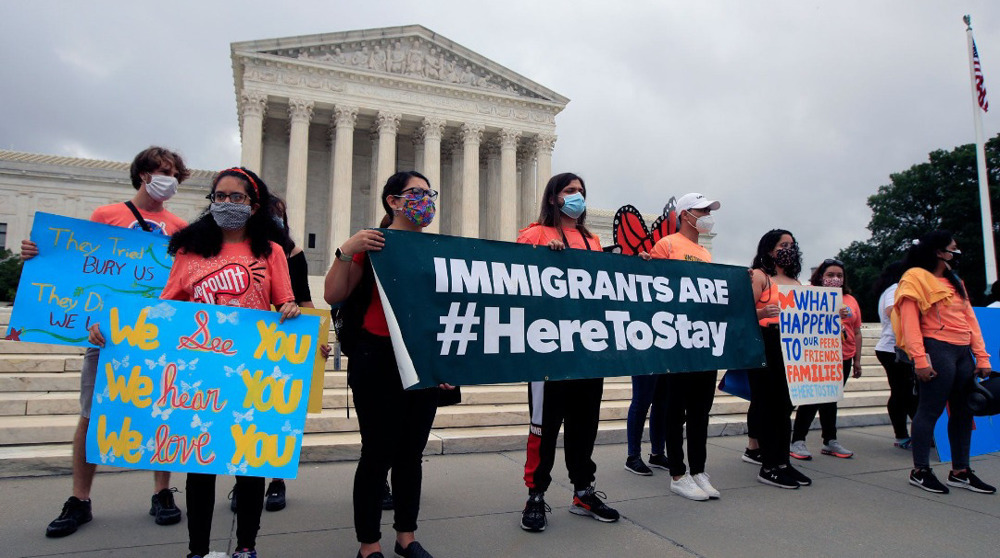
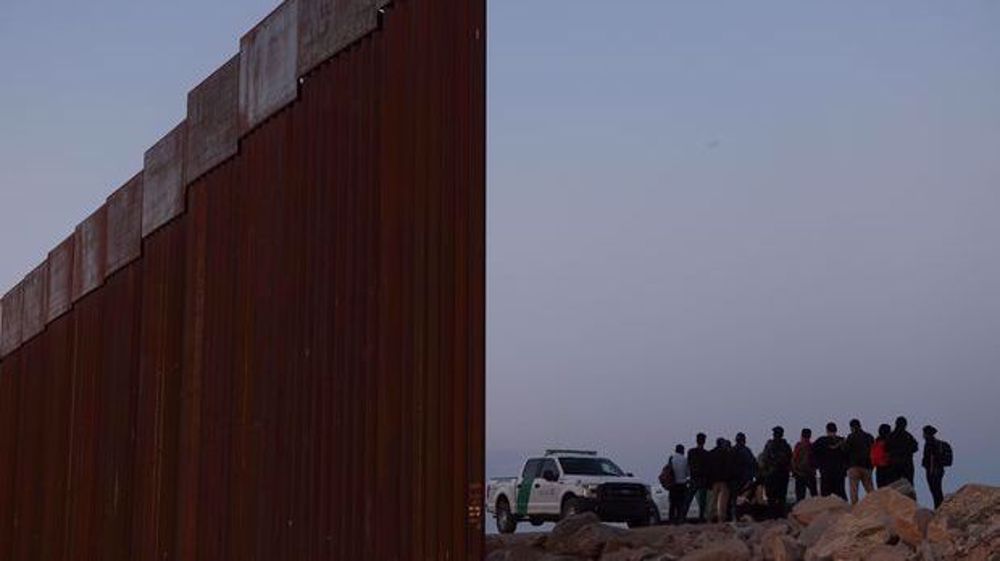
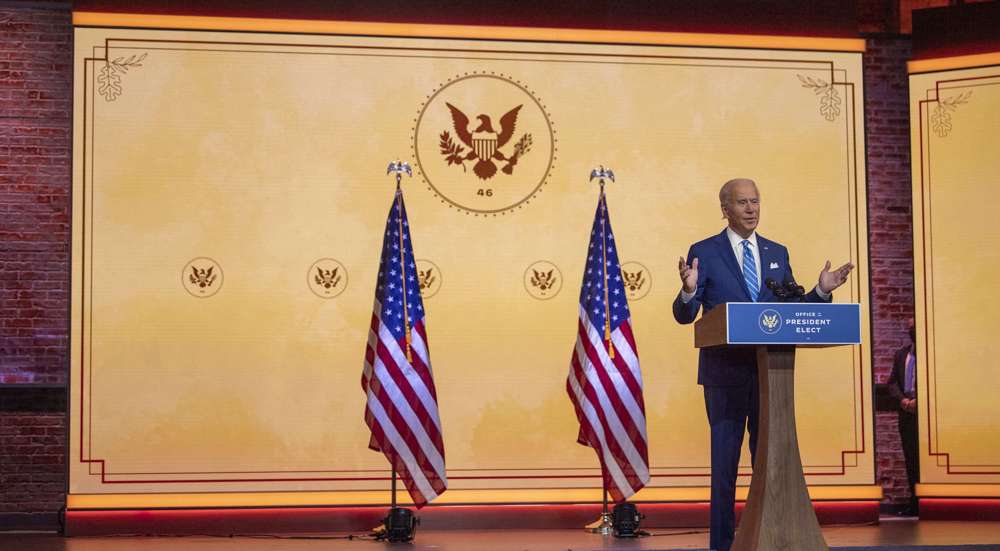
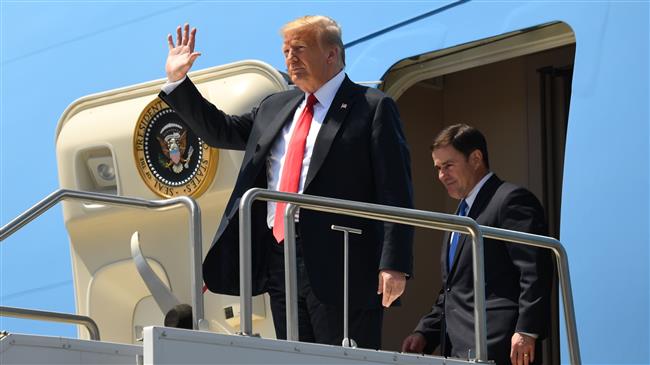

 This makes it easy to access the Press TV website
This makes it easy to access the Press TV website